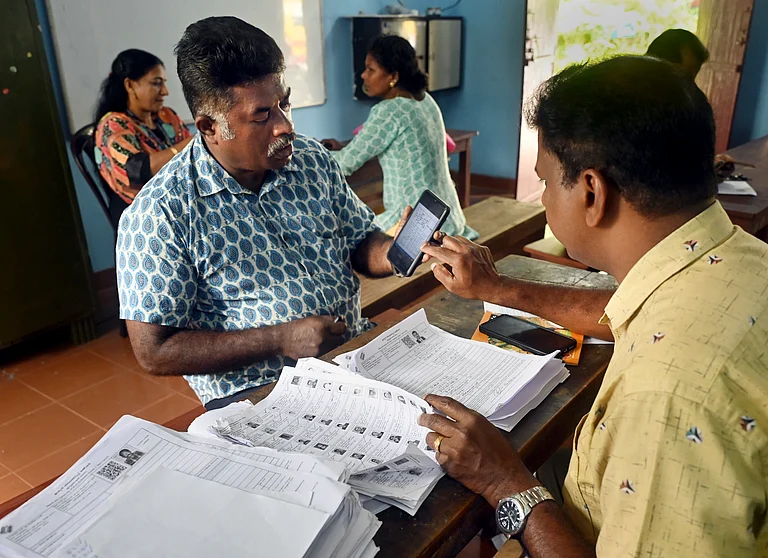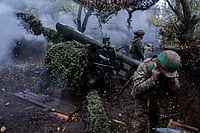India on Thursday received its first-ever set of guidelines to control help cholesterol. A 22-member committee of the Cardiological Society of India released the guidelines for dyslipidemia (high cholesterol) management.
Dyslipidemia is a medical condition where there are abnormal fat (lipid) levels in the blood, like high cholesterol or triglycerides. This condition poses a higher risk of heart diseases, strokes and other serious health problems.
However, this can be managed be with some changes in lifestyle, dietary plans and medications.
DYSLIPIDEMIA FEATURES
The condition of dyslipidemia can be characterised by:
High total cholesterol in blood
Increased level of low-density lipoprotein (LDL)-cholesterol (bad cholesterol)
High triglycerides
Low levels of high-density lipoprotein (HDL)-cholesterol (good cholesterol)
This condition of high cholesterol is also known as the "silent killer" as it has no symptoms. Dyslipidemia is a marker of cardiovascular diseases, such as heart attacks, strokes and peripheral artery disease.
President of CSI, Dr Pratap Chandra Rath said, "Dyslipidemia is a silent killer, often asymptomatic, unlike hypertension and diabetes."
KNOW YOUR LIPID PROFILE
Here's how you can determine your lipid profile:
Blood test to measure total cholesterol, which is the lipid profile. The sample of blood is usually drawn from a vein in the arm.
The blood sample is tested to ascertain the total amount of cholesterol including LDL, HDL and a part of triglycerides.
According to CSI guidelines, the minimum cholesterol level should be less than 100 mg/DL (miligrams of sugar per decilitre)
Notably, the release of lipid guidelines comes in the backdrop of the concern over rising cases of cardiovascular diseases.
The lowest levels of HDL-cholesterol (good cholesterol) were seen in people across all Indian states except Rajasthan, Gujarat, Telangana and Manipur, the CSI study said. Meanwhile the highest levels of LDL-cholesterol (bad cholesterol) was in Kerala and Goa.
HOW TO MAINTAIN CHOLESTEROL IN INDIA
The new guidelines from the Cardiological Society of India suggest:
Moving away from traditional fasting measurements and taking up non-fasting lipid measurements to estimate the risk and treatment.
As per doctors, it is advised to avoid food choices consisting of high sugar and carbohydrate levels, as they majorly contribute to blockages in comparison to consumption of modest fat.
High levels of LDL and HDL cholesterol can be controlled with a combination of statins and oral non-statin drugs, Dr S Ramakrishnan, professor of cardiology at AIIMS was quoted as saying by India Today. Injectable lipid-reducing drugs like PCSK9 inhibitors or Inclisiran are also recommended.
People, who have had recurring vascular issues like atherosclerosis or peripheral artery disease within a period of two years, are at an extremely risk of high disease, the guidelines said.
Those with genetic dyslipidemia, which affects over 5 million Indians, should keep a focus on managing their non-HDL cholesterol (a sum of bad cholesterol present in LDL and triglycerides).
There is no specific treatment for elevated lipoprotein (a), which affects 25 per cent of people in India. It should be less than 50mg/DL.
Those with high levels of triglycerides (over 150 mg/dl), non HDL-cholesterol should change their lifestyle as soon as possible and undergo specific treatment as per doctor's advice.
Individuals at a high risk of dyslipidemia should try to maintain a lipid profile of less than LDL-cholesterol 70 mg/DL.
As a good practice, an individual's first lipid profiling should be done at the age of 18, doctors recommend.



























